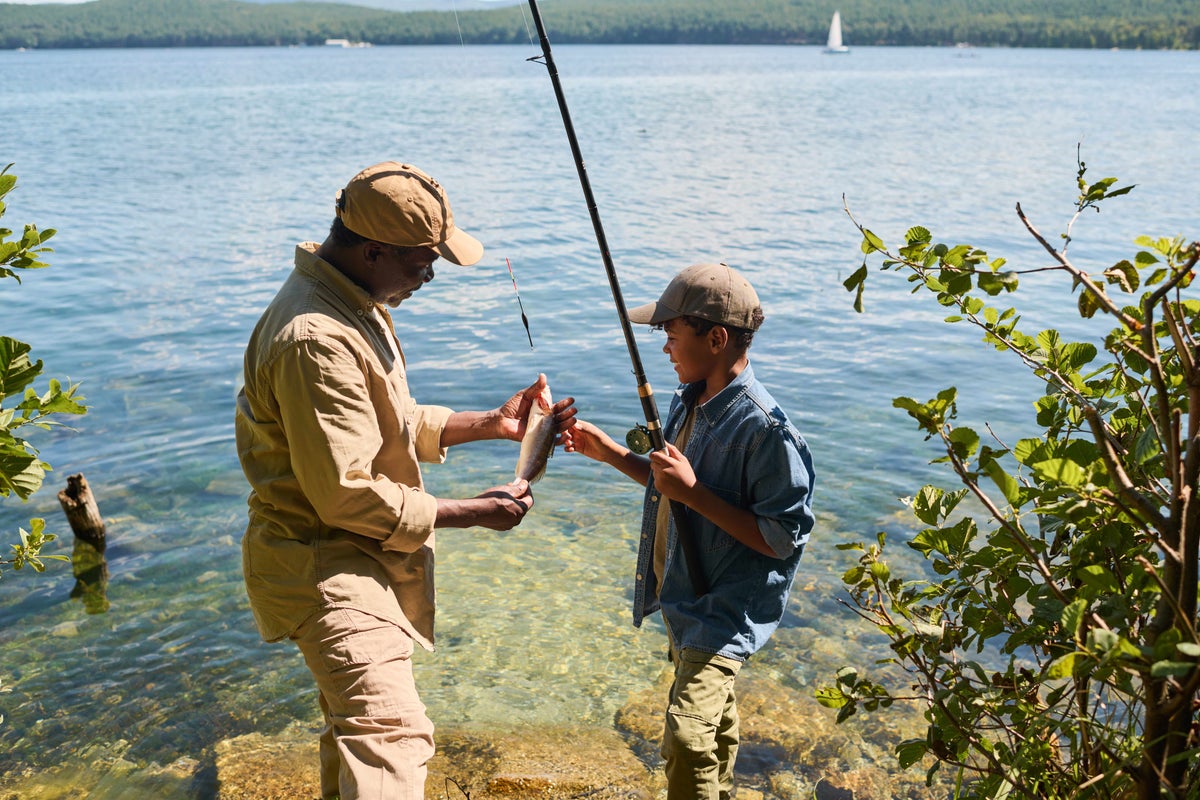FAQs: Do I Need a Fishing License in the UK?
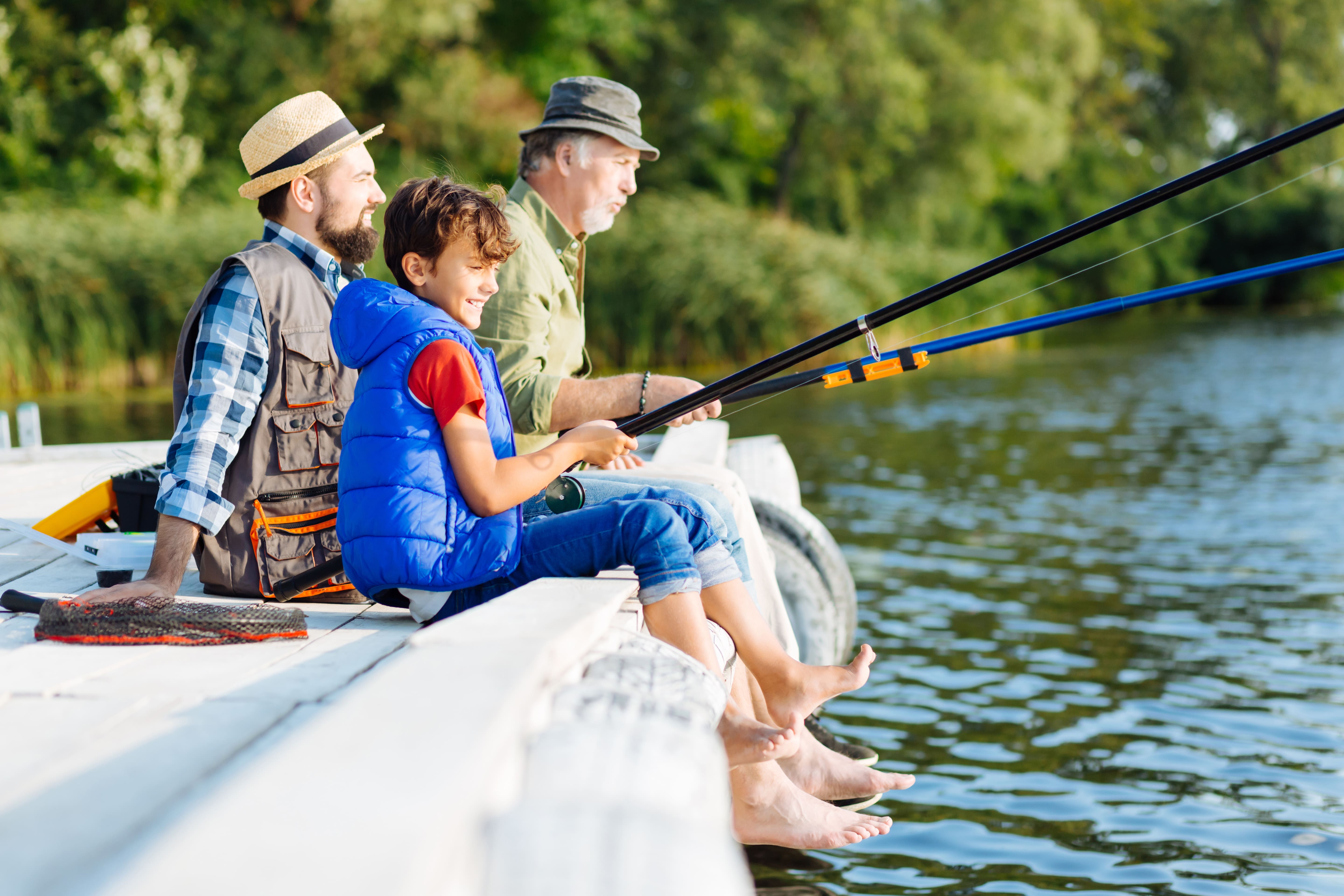
Fishing is a cherished pastime for many, offering tranquility and a chance to connect with nature. However, before casting your line, it's essential to understand the legal requirements surrounding fishing licenses in the UK. Whether you're a seasoned angler or a beginner, knowing the rules can save you from hefty fines and ensure you're fishing responsibly.
In this blog, we'll explore everything you need to know about fishing licenses in the UK along with a few of the points below...
- Who Needs a Fishing License?
- Types of Fishing Licenses
- How to Obtain a Fishing License
- Cost of a Fishing License
- Penalties for Fishing Without a License
- Special Conditions and Additional Permissions
- Concessions and Discounts
- Usage of License Fees by the Environment Agency
- Fishing Licenses in Other UK Regions
- Fishing License: FAQs

Who Needs a Fishing License?
In the UK, anyone aged 13 and above who wants to fish for salmon, trout, freshwater fish, smelt, or eels with a rod and line must obtain an Environment Agency Rod License. This requirement applies whether you’re fishing in rivers, lakes, or other freshwater bodies. The only exceptions are when fishing the River Tweed and the Border Esk region, including parts of rivers that flow into Scotland.
Children under 13 are exempt from needing a fishing license. However, young anglers aged 13 to 16 must obtain a Junior License, which is free of charge but still required for legal fishing. This ensures that even young anglers are registered and fishing within legal boundaries.
While the license covers the legal permission to fish, it doesn’t grant access to private or club waters. Anglers must also obtain permission from the landowner or controlling club, often involving additional fees or memberships. This dual requirement helps manage fishing activities and conserve fish populations across various water bodies.
Understanding these requirements is crucial to avoid legal complications and ensure that fishing activities contribute positively to environmental conservation efforts. Always make sure to have your license with you, as being unable to produce it when asked by an authorised person can result in fines of up to £2,500. By adhering to these regulations, you can enjoy your fishing adventures responsibly and legally.
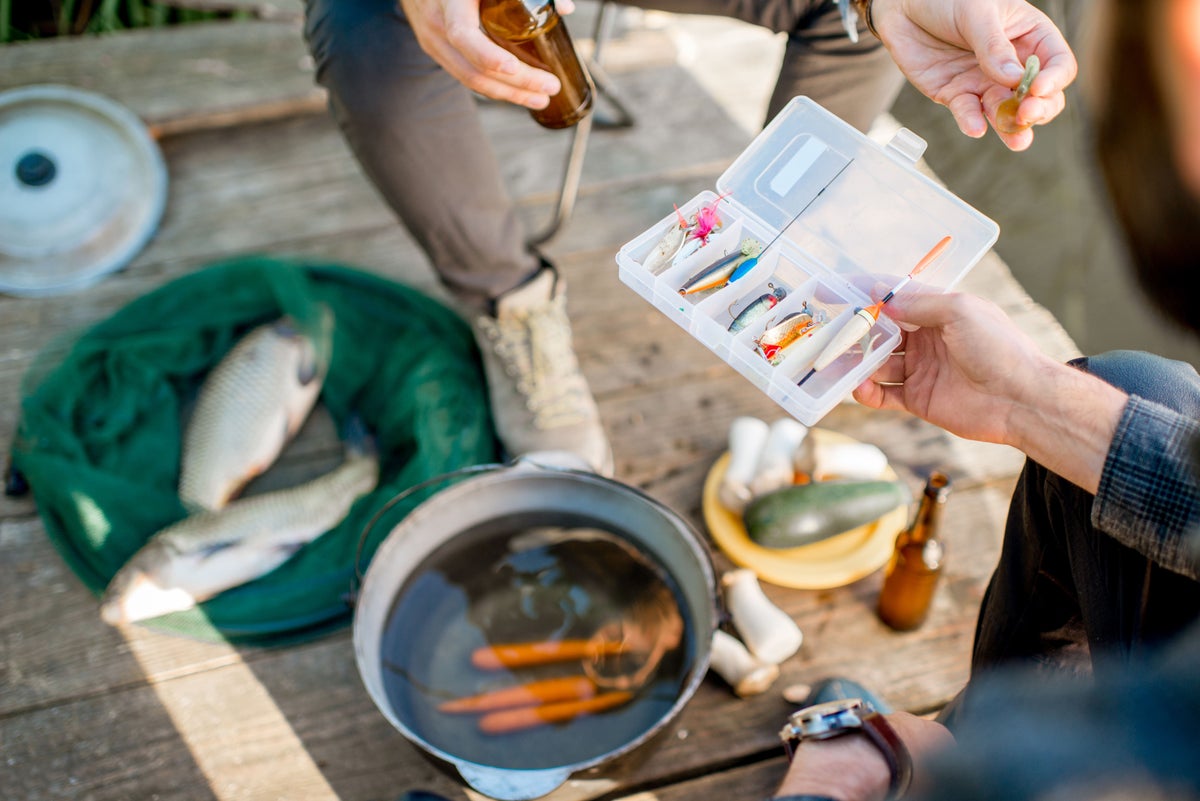
Types of Fishing Licenses
Understanding the different types of fishing licenses available in the UK is essential for selecting the right one for your needs. The Environment Agency offers two primary categories: the Trout, Coarse Fish, and Eel License, and the Salmon and Sea Trout License.
The Trout, Coarse Fish, and Eel License is the most common choice among anglers. It covers fishing for non-migratory trout, such as brown and rainbow trout, and a variety of coarse fish like carp, roach, bream, and perch. This license allows for fishing with one rod for non-migratory trout in rivers, streams, canals, and drains, and up to two rods in reservoirs, lakes, and ponds. For those who prefer more extensive fishing, a full-year license option permits the use of three rods simultaneously.
In contrast, the Salmon and Sea Trout License is designed for anglers targeting salmon and sea trout, along with the species covered by the Trout and Coarse Fish License. This license permits fishing with one rod for salmon, sea trout, and non-migratory trout in rivers, streams, and canals, and up to two rods in reservoirs, lakes, and ponds. Additionally, up to three rods can be used for freshwater fish. An important requirement for this license is the completion of an annual Catch and Return form, even if no fishing took place.
Each type of license can be purchased for varying durations to match how often you fish. Options include one-day, eight-day, and 12-month licenses, with the latter offering the best value for regular anglers. Junior licenses for ages 13-16 are free, while concessions are available for anglers over 65 or with disabilities.
Local rules may impose further restrictions on rod usage, so it’s crucial to be aware of specific regulations at your chosen fishing spot. Spod and marker rods are exempt from license limits, provided they are used solely for baiting purposes and do not have hooks attached.
By choosing the appropriate license and understanding its scope, you can ensure a legal and enjoyable fishing experience across the UK’s diverse aquatic landscapes.
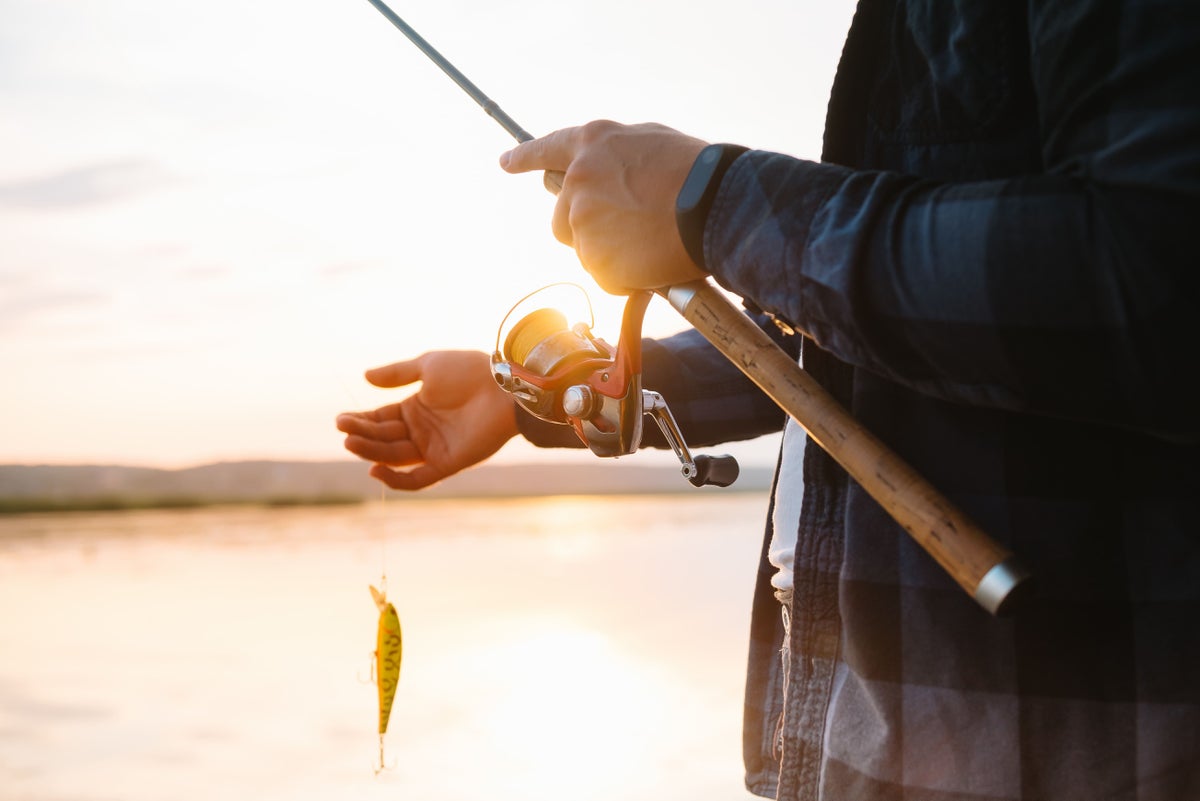
How to Obtain a Fishing License
Acquiring a fishing license in the UK is straightforward, with several convenient methods available. The quickest and most accessible way to obtain a fishing license is through the official Government website. This online platform allows you to select the type of license you need, whether it’s for a single day, eight days, or a full year. You can also specify the start date for your license, ensuring it aligns perfectly with your planned fishing activities.
If you prefer not to use the online service, you can purchase a license by calling the Environment Agency’s telesales service. The number to call is 0344 800 5386, available from 8:00 am to 6:00 pm Monday to Friday, excluding public holidays. It’s worth noting that call charges may apply depending on your service provider.
Traditionally, fishing licenses were also available at Post Offices. However, as of January 16, 2023, this option has been discontinued. Now, all licenses must be obtained either online or via the telesales service.
When buying a license, it’s essential to keep a record of your purchase. The Environment Agency recommends printing a copy of your license or saving a digital version on your smartphone. This ensures that you can always prove you have a valid license if requested by an authorised person while fishing.
Remember, your fishing license is not automatically renewed. It’s your responsibility to track its expiration date and renew it in a timely manner if you wish to continue fishing legally. The process for renewing a license is the same as obtaining a new one, with options to do so online or by phone.
By following these simple steps, you can secure your fishing license quickly and easily, ensuring compliance with UK fishing regulations and allowing you to focus on enjoying your angling adventures.

Cost of a Fishing License
The cost of a fishing license in the UK varies depending on the type of fishing you plan to do and the duration of the license. Understanding these costs can help you choose the best option for your fishing activities and budget.
For Trout, Coarse Fish, and Eel Licenses, the prices are as follows:
- One-day license: £6.60
- Eight-day license: £13.20
- Annual license (two rods): £33
- Annual license (three rods): £49.50
For anglers over 66 or with disabilities, the annual licenses are more affordable:
- Annual license (two rods): £22
- Annual license (three rods): £33
For juniors aged 13-16, the licenses are free, although they still need to apply for a Junior License.
For those targeting salmon and sea trout, the Salmon and Sea Trout Licenses are more expensive due to the additional management and conservation efforts required for these species:
- One-day license: £12.60
- Eight-day license: £28.30
- Annual license: £86.10
Concession rates for the annual Salmon and Sea Trout Licenses are also available:
- Annual license (over 66 or disabled): £57.40
The costs are designed to be affordable while also supporting the Environment Agency's efforts to maintain and improve fishing environments. The revenue from fishing licenses helps fund various conservation projects, ensuring sustainable fish populations and healthy aquatic ecosystems.
By selecting the appropriate license for your needs, you can enjoy fishing legally and contribute to the preservation of the UK’s rich angling heritage.
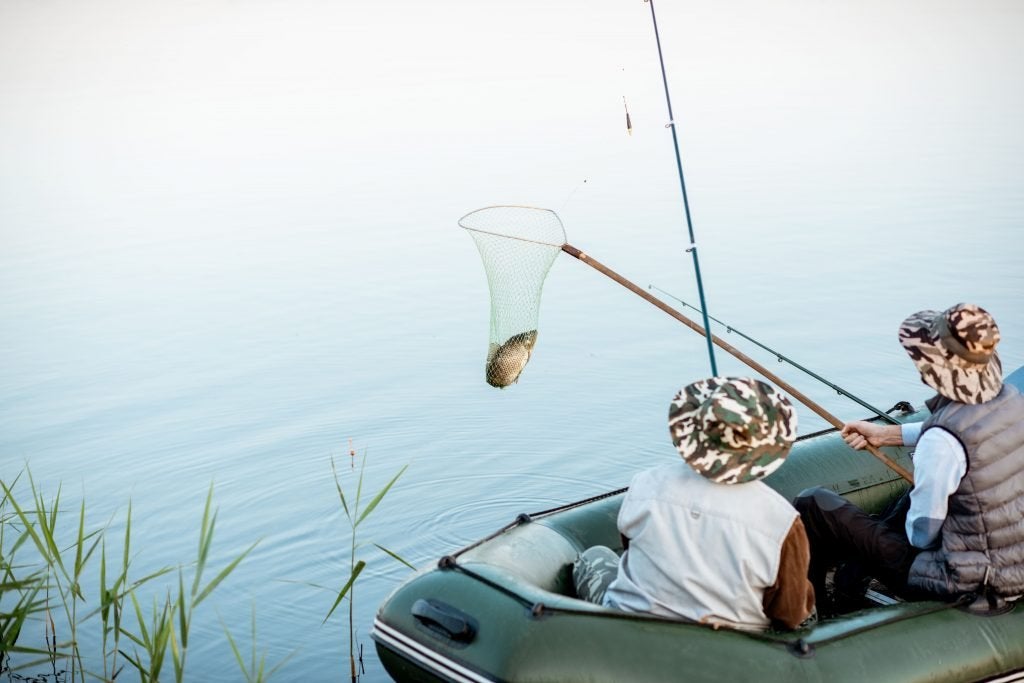
Penalties for Fishing Without a License
Fishing without a valid license in the UK is a serious offense with significant penalties. If caught fishing without a license, you could face a fine of up to £2,500. This hefty penalty underscores the importance of complying with fishing regulations and ensuring you have the appropriate license before you start fishing.
Authorised personnel, such as Environment Agency bailiffs or fishery bailiffs, have the right to request to see your fishing license at any time while you are fishing. If you are unable to produce a valid license, you could be subject to immediate fines and legal action. Therefore, it’s crucial to always carry your license with you or have a digital copy accessible on your smartphone.
The penalties serve multiple purposes. They act as a deterrent to illegal fishing, help protect fish populations, and ensure that the funds collected from licenses are used to maintain and improve fisheries. These funds support a wide range of conservation efforts, habitat improvements, and initiatives to promote sustainable fishing practices.
In addition to fines, anglers caught without a license may also face other legal consequences, including the possibility of having their fishing equipment confiscated. Repeat offenders may encounter even stricter penalties.
To avoid these penalties and contribute to the sustainable management of fishing resources, always ensure your license is up to date and readily available. By doing so, you can enjoy your fishing activities responsibly and help preserve the environment for future generations.
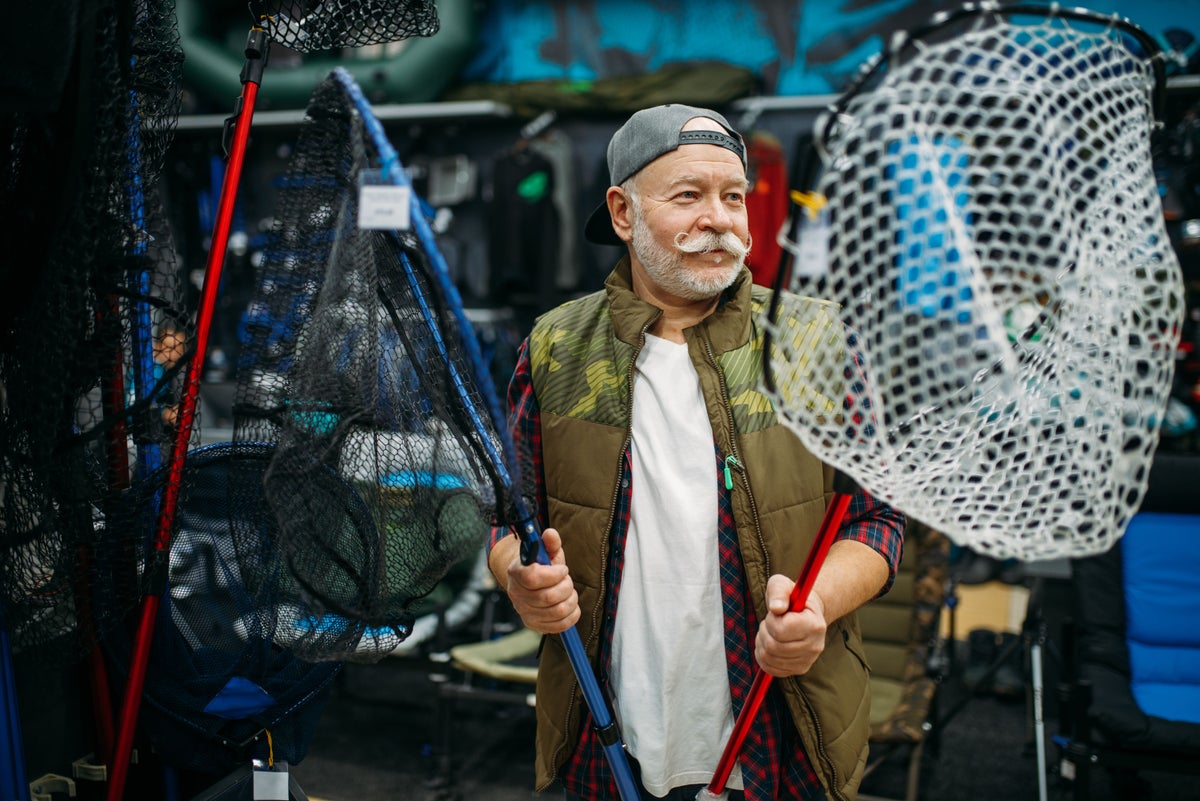
Special Conditions and Additional Permissions
Holding an Environment Agency rod license is essential, but it does not grant unrestricted access to all fishing locations in the UK. Anglers must also obtain the necessary permissions from landowners or fisheries. For instance, if you plan to fish in a privately owned lake, pond, or stretch of river, you need explicit consent from the landowner. Similarly, fishing in commercial coarse fisheries usually requires the purchase of a day ticket or membership from the respective angling club.
It's important to note that an Environment Agency rod license does not cover sea fishing. Anglers interested in sea fishing do not need this license but must ensure they comply with local regulations and any relevant permissions from the fishing location.
Additionally, certain waters have specific rules and restrictions that anglers must adhere to. For example, some areas might have limitations on the number of rods you can use, the types of bait allowed, or particular fishing methods. Always check local byelaws and site-specific regulations before you start fishing to ensure compliance and avoid penalties.
Adhering to these special conditions and obtaining the necessary permissions not only ensures legal compliance but also helps in the conservation efforts and sustainable management of fishing resources across the UK.
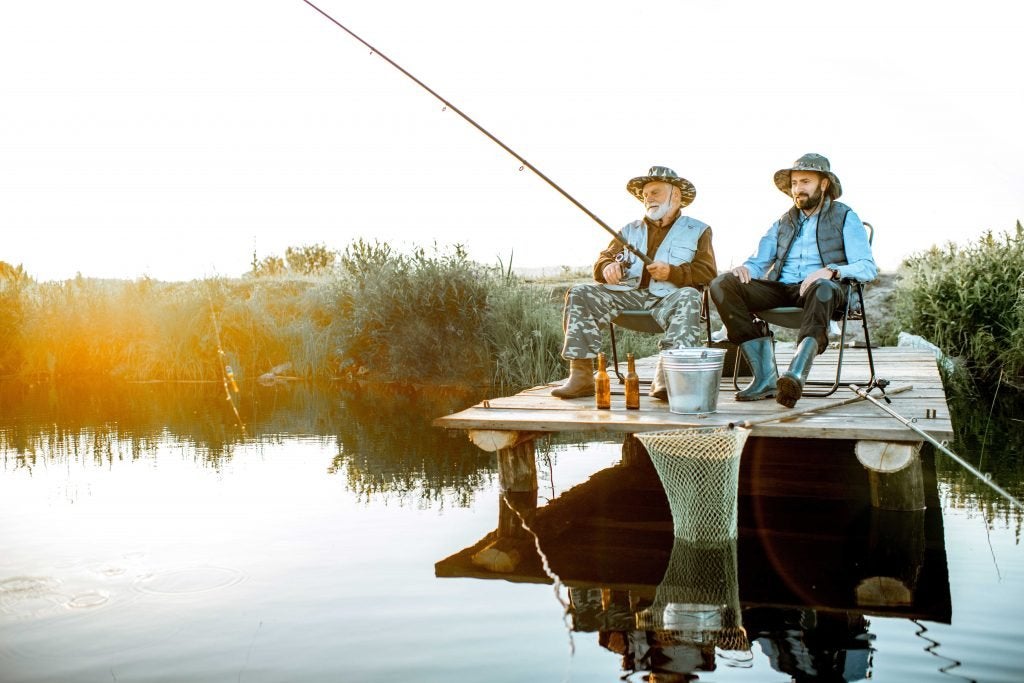
Concessions and Discounts
The Environment Agency offers several concessions and discounts on fishing licenses to make angling more accessible to various groups. Juniors aged between 13 and 16 can obtain a fishing license free of charge, encouraging young people to take up the sport and develop a lifelong appreciation for fishing and nature. Although the license is free, it is mandatory, and young anglers must carry it while fishing.
Senior citizens over the age of 65 and disabled anglers are eligible for discounted fishing licenses. These concessions make it easier for these groups to enjoy angling without the burden of high costs. For example, a 12-month, two-rod coarse fishing license for seniors and disabled anglers costs significantly less than the standard price.
To qualify for a disabled angler concession, individuals must provide proof of disability, such as a Blue Badge or documentation confirming receipt of Disability Living Allowance or Personal Independence Payment. The application process is straightforward and ensures that eligible anglers can benefit from reduced rates.
These concessions and discounts demonstrate the Environment Agency’s commitment to making fishing an inclusive activity, ensuring that people of all ages and abilities can enjoy the benefits of this popular pastime.
Usage of License Fees by the Environment Agency
The Environment Agency utilises the fees collected from fishing licenses to support a wide range of conservation and management initiatives aimed at preserving and enhancing the UK’s aquatic environments. These funds play a crucial role in habitat restoration projects, which involve cleaning up rivers, lakes, and other water bodies to remove pollutants and restore natural ecosystems. This helps to maintain healthy fish populations and boost biodiversity.
License fees are also allocated towards fish stocking programmes. The Environment Agency stocks rivers and lakes with various fish species to support angling activities and maintain ecological balance. This ensures that anglers have a rewarding experience while contributing to the sustainability of fish populations.
Another significant use of license fees is in enforcement and anti-poaching activities. The Environment Agency employs enforcement officers to patrol fishing areas, ensure compliance with regulations, and combat illegal fishing practices. This helps protect fish stocks and supports law-abiding anglers.
Furthermore, the Agency partners with organisations such as The Angling Trust and The Rivers Trust to promote responsible angling and support community-based conservation projects. By funding educational programmes and local initiatives, the Environment Agency ensures that the benefits of angling extend beyond individual enjoyment to broader environmental and social gains.

Fishing Licenses in Other UK Regions
Fishing regulations and licensing requirements vary across different regions of the UK. While the Environment Agency oversees fishing licenses in England and Wales, Scotland and Northern Ireland have their own regulatory bodies and requirements.
In Scotland, anglers do not need an Environment Agency rod license. However, they must obtain permission from landowners or angling clubs to fish in rivers, lochs, and other freshwater bodies. Certain areas may also require specific permits, particularly for salmon and trout fishing. The lack of a centralised licensing system means that anglers must be diligent in securing the necessary permissions from the relevant authorities or private landowners.
Northern Ireland operates a more complex system, managed by two primary bodies: the Department of Agriculture, Environment and Rural Affairs (DAERA) and the Loughs Agency. Anglers need both a rod license and an angling permit to fish in most waters. The DAERA rod license covers the majority of inland fisheries, while the Loughs Agency oversees the Foyle and Carlingford catchments. It's essential to understand which agency governs the water you wish to fish in and ensure you have the appropriate documentation.
Each region’s licensing system is designed to manage and protect local fish populations effectively. Anglers are encouraged to familiarise themselves with the specific regulations and requirements in their chosen fishing areas. This ensures compliance with local laws and supports the sustainable management of the UK’s diverse and rich aquatic environments, allowing anglers to enjoy their sport while contributing to conservation efforts.
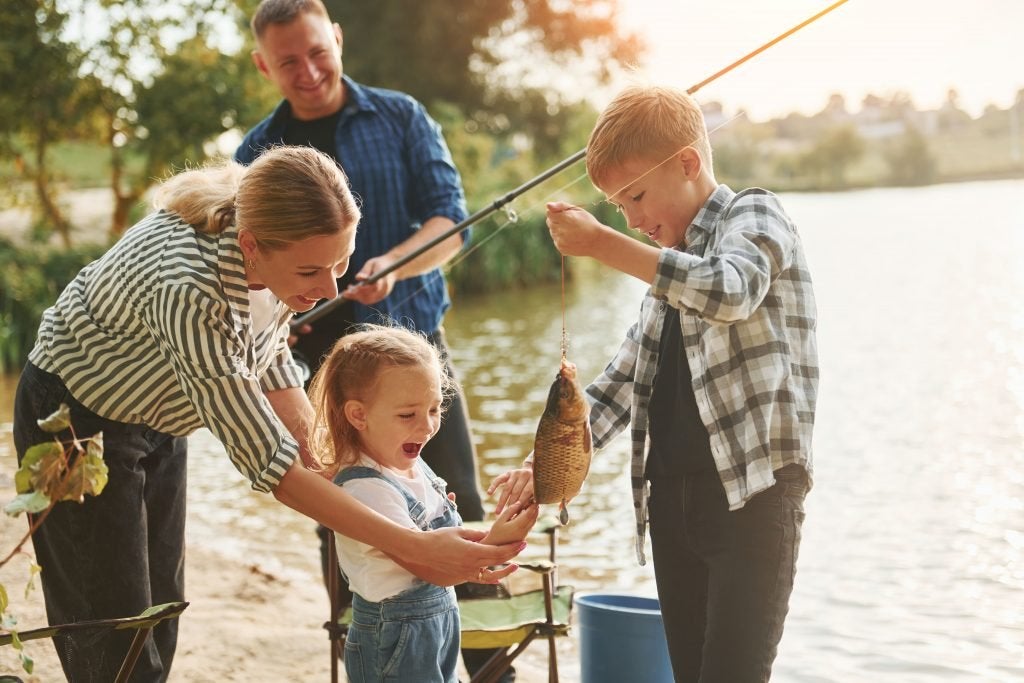
Conclusion
Understanding the requirements and benefits of fishing licenses in the UK is essential for all anglers, whether seasoned enthusiasts or newcomers to the sport. A fishing rod license not only grants legal permission to fish in designated waters but also contributes directly to the conservation and management of aquatic environments. By purchasing a license, anglers support habitat restoration, fish stocking programmes, and enforcement efforts that safeguard fish populations and ensure sustainable fishing practices.
Furthermore, fishing licenses promote responsible angling by encouraging compliance with local regulations and fostering respect for natural resources. They also play a crucial role in funding educational initiatives and community projects that promote angling as a healthy outdoor activity.
As you embark on your fishing adventures, remember to obtain the appropriate license for your chosen type of fishing and ensure it remains valid throughout your fishing trips. Stay informed about any changes to regulations and local byelaws to avoid penalties and contribute positively to the preservation of our aquatic heritage.
By adhering to these guidelines and enjoying fishing responsibly, you not only enhance your own angling experience but also contribute to the long-term sustainability of fisheries for future generations to enjoy.
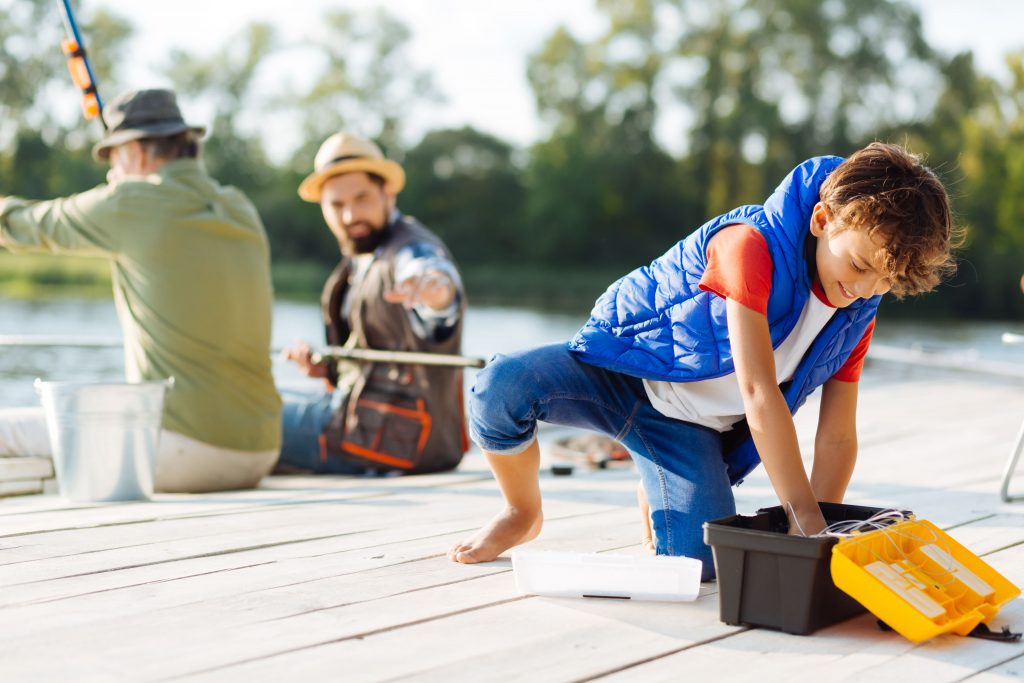
Fishing License: FAQs
Yes, anyone aged 13 and above fishing with a rod and line in rivers, lakes, and other freshwater bodies in England and Wales requires a fishing rod license issued by the Environment Agency. Scotland and Northern Ireland have their own licensing systems.
The cost varies depending on the type and duration of the license. For example, in England and Wales, prices range from £6.60 for a 1-day license to £86.10 for a 12-month salmon and sea trout license. Discounts are available for juniors, seniors, and disabled anglers.
Licenses can be purchased online from the Government website or by phone from the Environment Agency's telesales service. Some Post Offices also offer license sales, though this is transitioning to online-only.
Fishing without a license or failing to produce one when asked by an authorised person can result in fines of up to £2,500. It's essential to carry your license while fishing and ensure it remains valid.
No, you still need permission from the landowner or fishery owner even if fishing in private waters. A fishing license is separate from any land use permissions.
No, a fishing rod license is not required for sea fishing in the UK. However, local regulations and permissions may still apply, especially in certain areas.
These FAQs provide essential information to help anglers navigate fishing license requirements and ensure enjoyable, lawful fishing experiences across the UK.

